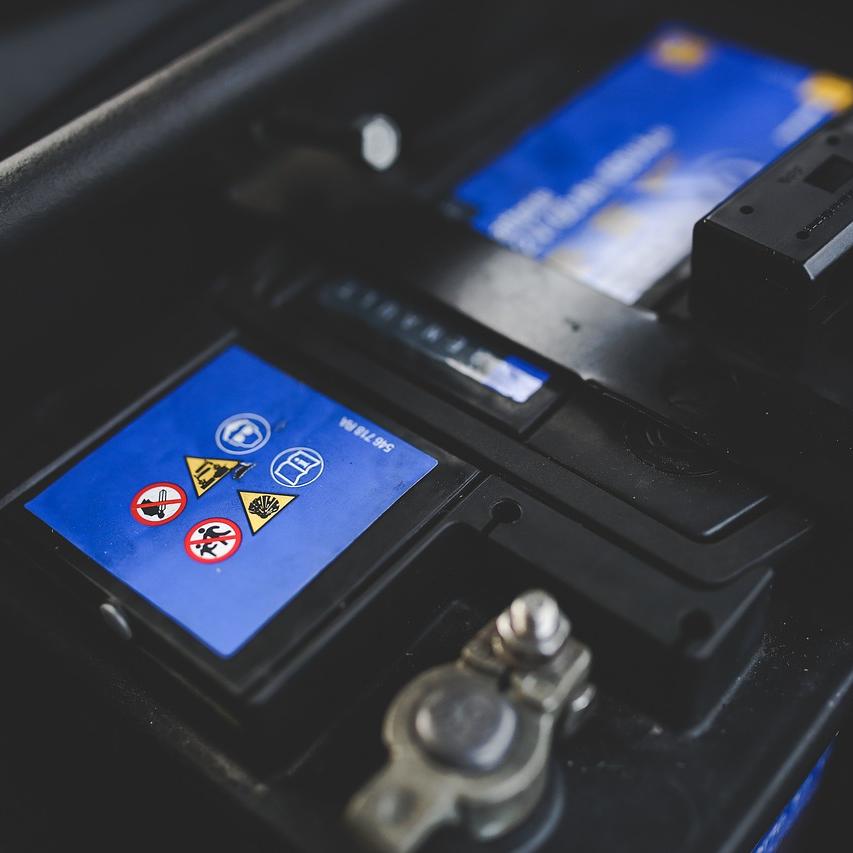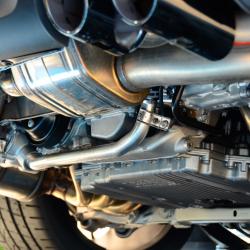How to Maintain Your Car's Battery: Tips for Longevity
A car’s battery is often unsung in the grand orchestra of the vehicle's mechanics, quietly providing power to start the engine and supporting the electrical system when the engine isn't running. Yet, despite its vital role, the battery is often overlooked until it malfunctions. To prevent unexpected breakdowns and ensure your car runs smoothly, maintaining your car's battery is crucial. Here, we’ll explore essential tips to enhance the longevity of your car's battery.
-
Regular Inspection:
Begin with a routine inspection, ideally once a month. Check the battery case for signs of damage or deformation, which can suggest a need for replacement. Inspect terminals and cables for corrosion, cracks, and any loose connections. Corrosion appears as a white, ashy deposit that can interfere with the flow of current.
-
Clean the Battery:
If you notice corrosion on the battery terminals, it’s vital to clean them. You can use a mixture of baking soda and water to counteract corrosion. Apply the mixture with a brush, then clean with water and dry with a clean cloth. Ensure the engine is off when performing any cleaning.
-
Check the Battery's Age:
Car batteries typically last between three to five years. It’s advisable to keep track of when your battery was installed and test its performance regularly as it approaches this age range. Many auto shops offer free battery testing and can tell you if a replacement is due soon.
-
Ensure Secure Mounting:
The battery must be securely mounted to prevent vibrations, which can cause damage to the internal components. Check that it’s seated firmly in its tray, and if your car frequently travels on bumpy roads, inspect this more often.
-
Limit Short Rides:
Short trips prevent your battery from fully charging, as the alternator needs more time to charge the battery properly. If possible, combine short trips or take longer drives periodically to maintain full charge.
-
Turn Off Electronics:
Before exiting your vehicle, ensure that all interior lights, headlights, and electronic devices are turned off. Leaving them on can discharge your battery quickly, especially when the engine isn’t running.
-
Avoid Extreme Temperatures:
Extreme temperatures—both hot and cold—are tough on car batteries. If you live in an area with temperature extremes, parking in a garage, or using a car cover can help shield the battery. During winter, keeping the battery warm can prevent it from freezing, while in summer, preventing overheating is crucial.
-
Invest in a Battery Charger:
If your car doesn’t get driven often, consider investing in a battery maintainer or trickle charger. These devices can keep the battery charged when the car is not in use, preventing it from losing charge over time.
-
Keep the Battery Tightly Fastened:
A loose battery can vibrate, leading to internal damage and short circuits. Periodically check to ensure it's tightly fastened and securely fitted in its tray.
-
Regular Maintenance:
Regular overall vehicle maintenance can prevent battery strain. A well-maintained engine can reduce the load on the battery for starting, and ensuring all components are working efficiently can prevent parasitic drain.
Conclusion:
Maintaining your car’s battery not only extends its life but also ensures your car operates reliably. With these tips, you can enhance the life expectancy of your battery and reduce the likelihood of unexpected breakdowns. By integrating these practices into your regular vehicle maintenance routine, you’ll ensure your car remains in good running condition and maintain peace of mind on the road.






















